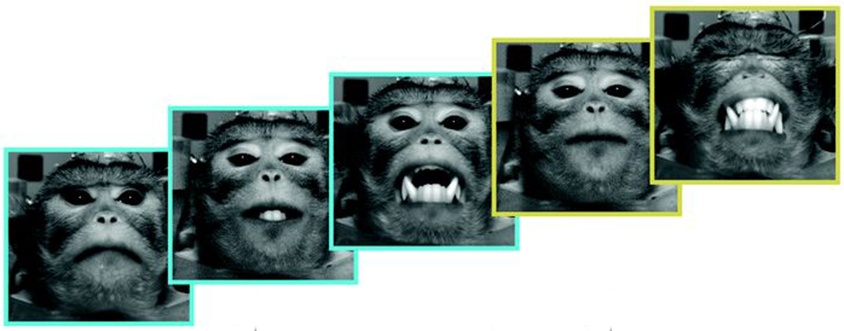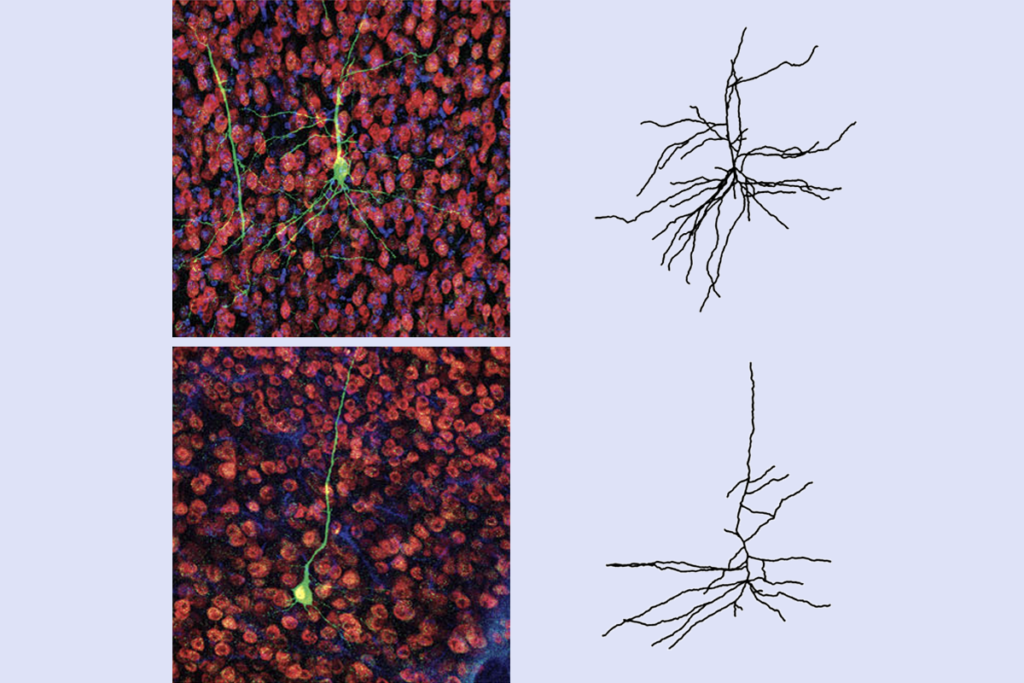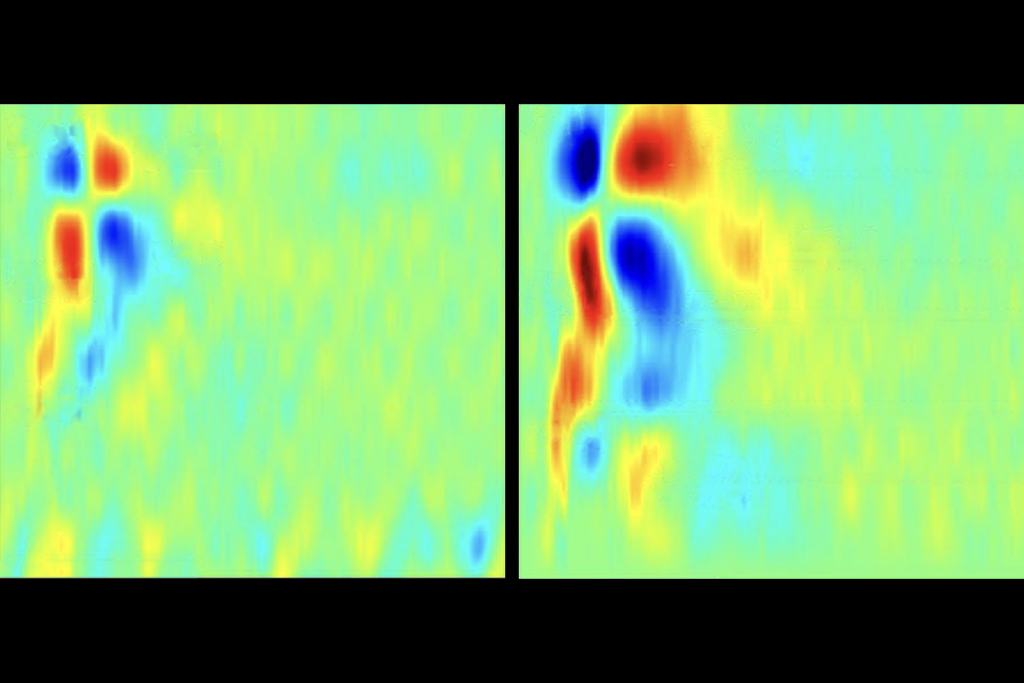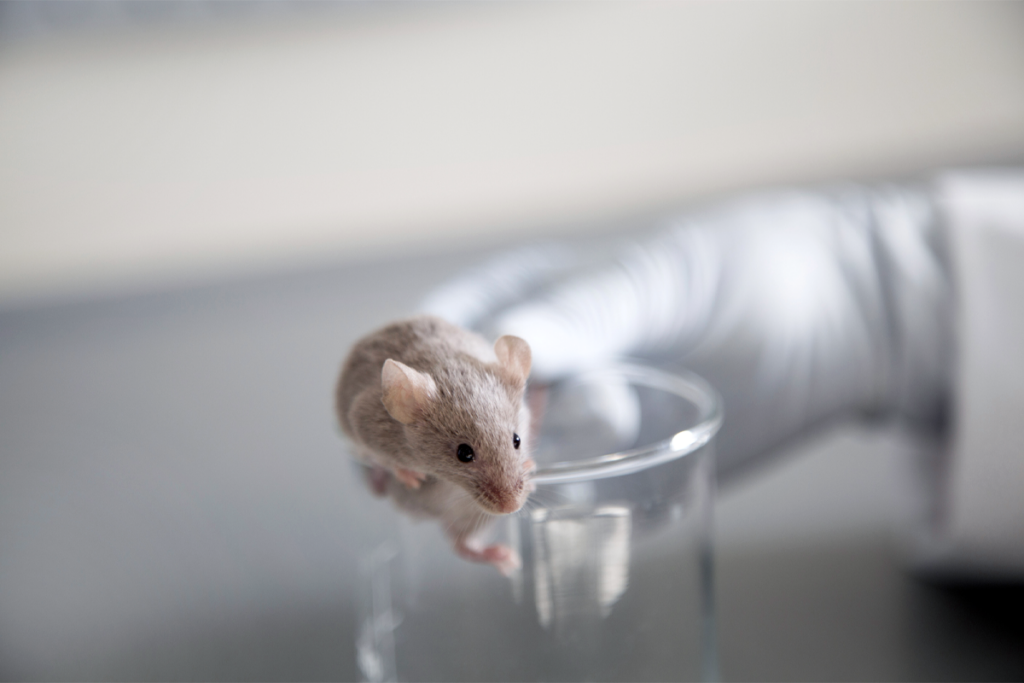Research roundup
- A nutrition program offered to autistic children and their parents may help increase fruit and vegetable intake, as well as physical activity. Journal of Nutrition Education and Behavior
- Researchers have developed and validated an automated coding system for macaque facial expressions, which may be useful for research on social behavior. eNeuro
 Monkey see: An automated system detects and classifies facial expressions in monkeys.
Monkey see: An automated system detects and classifies facial expressions in monkeys. - People who are diagnosed with autism as adults often had other psychiatric diagnoses as children, such as attention deficit hyperactivity disorder, anxiety and affective disorders. Molecular Autism
- Parents of autistic children describe the toll gastrointestinal issues take on the child and the family, including limiting their ability to participate in activities outside the home. Autism
- Duplications in chromosomal region 22q13.2 that encompass the TCF20 gene are associated with a neurodevelopmental condition characterized by developmental delay, autism and other traits. Clinical Genetics
- The enzyme FAN1 nuclease may drive the expansion of specific three-letter repeats of nucleotides in the genome that are associated with fragile X syndrome and autism. Cell Reports
- Altered histone acetylation, which leads to changes in gene transcription, appears to be linked to autism, as well as to 15q11-q13 duplication and Phelan-McDermid syndromes. Biological Psychiatry
Science and society
- The International Society for Autism Research has announced its commitment to holding hybrid meetings, which are more inclusive than in-person meetings but also cost more, forcing an increase in registration and membership fees. Autism Research
- The Lancet has profiled autism researcher Catherine Lord, co-chair of the recent Lancet Commission, whose pioneering work has encompassed biological studies, clinical work and a focus on the lived experiences of autism. The Lancet
- Autistic writer Sam Farmer opines that the increase in autism diagnoses in the United States is a good thing, because it means more children are getting the support they need early in life. The Hill
- Staff at the Bierman ABA Autism Center in Warren, Rhode Island, corroborate a parent’s complaint that her minimally verbal son was locked in a room for hours at the facility. NBC 10 News
Job moves
- Autism researcher Liz Pellicano is set to join University College London in the United Kingdom, leaving her current post at Macquarie University in Sydney, Australia. Twitter




